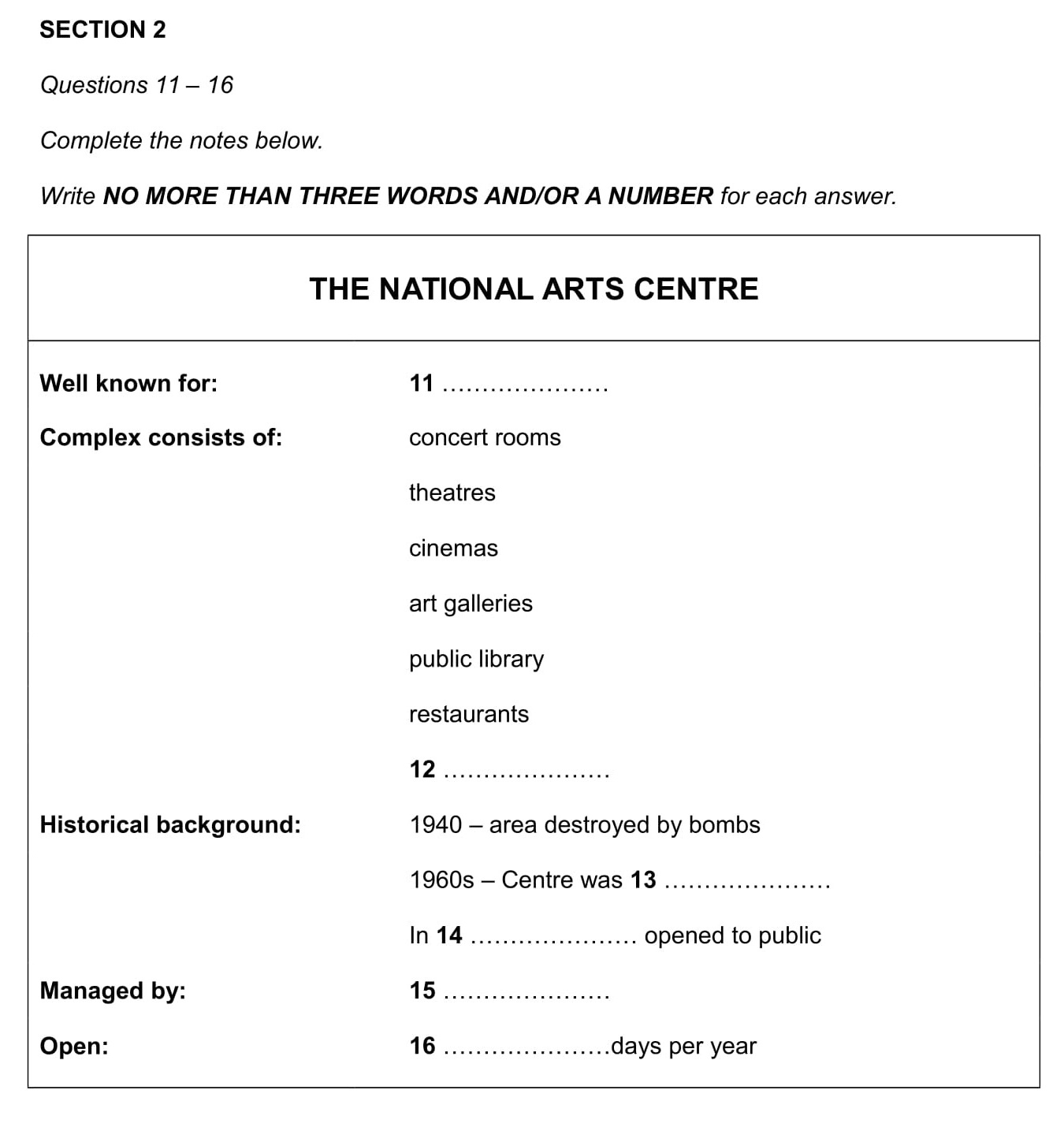Listening is a crucial component of the IELTS exam, as it tests your ability to comprehend spoken English in various contexts. It is important to practice your listening skills in order to achieve a high score on the exam.
Many test-takers struggle with the listening section of the IELTS exam, as they may not be accustomed to hearing English speakers from different accents and backgrounds. However, with proper preparation and practice, you can improve your listening skills and perform well on the exam.
IELTS Listening
The IELTS listening section consists of four recorded monologues and conversations. Test-takers are required to listen to these recordings and answer a series of questions based on what they hear. The recordings cover a range of topics and are designed to test your ability to understand the main ideas and specific details.
One of the best ways to prepare for the IELTS listening section is to practice listening to a variety of English accents. You can do this by listening to English podcasts, watching English movies and TV shows, or even engaging in conversations with native English speakers. This will help you become more familiar with different accents and improve your listening comprehension skills.
It is also important to practice listening to recordings similar to those found in the IELTS exam. You can find practice materials online or through IELTS preparation books. By regularly practicing with these materials, you can become more comfortable with the format of the exam and improve your ability to answer the questions accurately.
Overall, the key to success in the IELTS listening section is consistent practice and exposure to a variety of English accents. By dedicating time to improving your listening skills, you can boost your performance on the exam and achieve your desired score.
In conclusion, the IELTS listening section is a critical part of the exam that requires dedicated practice and preparation. By focusing on improving your listening skills and familiarizing yourself with different accents, you can enhance your performance on the exam and achieve your desired score.
